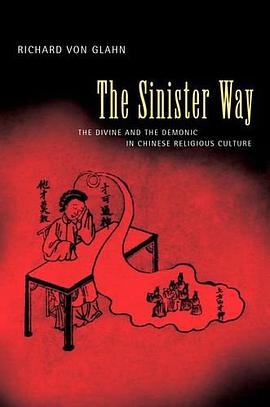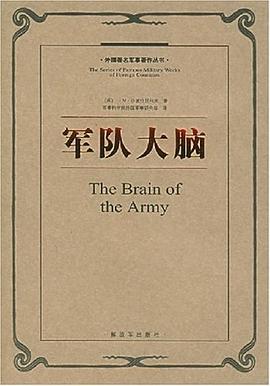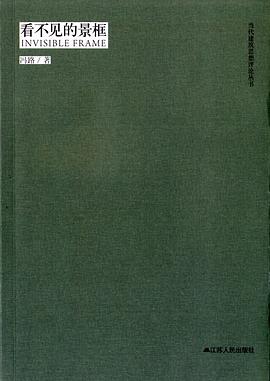The Sinister Way
内容简介
The most striking feature of Wutong, the preeminent God of Wealth in late imperial China, was the deity's diabolical character. Wutong was perceived not as a heroic figure or paragon of noble qualities but rather as an embodiment of humanity's basest vices, greed and lust, a maleficent demon who preyed on the weak and vulnerable. In "The Sinister Way", Richard von Glahn examines the emergence and evolution of the Wutong cult within the larger framework of the historical development of Chinese popular or vernacular religion - as opposed to institutional religions such as Buddhism or Daoism. Von Glahn's study, spanning three millennia, gives due recognition to the morally ambivalent and demonic aspects of divine power within the common Chinese religious culture.
......(更多)
作者简介
Richard von Glahn is Professor of History at the University of California, Los Angeles. He is the coeditor of The Song-Yuan-Ming Transition in Chinese History (2003) and the author of Fountain of Fortune: Money and Monetary Policy in China, 1000-1700 (California, 1996) and The Country of Streams and Grottoes: Expansion, Settlement, and the Civilizing of the Sichuan Frontier in Song Times (1987).
......(更多)
目录
List of Illustrations ix
Acknowledgments xi
Introduction 1
1. Ancestors, Ghosts, and Gods in Ancient China 19
2. The Han Cult of the Dead and Salvific Religion 45
3. Shanxiao: Mountain Goblins 78
4. Plague Demons and Epidemic Gods 98
5. The Song Transformation of Chinese Religious Culture 130
6. Wutong: From Demon to Deity 180
7. The Enchantment of Wealth 222
Conclusion 257
Abbreviations 267
Notes 269
Bibliography 323
Glossary 361
Index 371
......(更多)
读书文摘
到17世纪(或许更早),人们在东岳寿诞之日行的忏仪中出现了一些极端的苦修行为,例如有些人会用火炙烧自已的肉体,然后把铁钩穿入手臂和胸前的皮肤,再在钩上挂上灯盏,从而把自己变成“肉身灯”。
......(更多)






